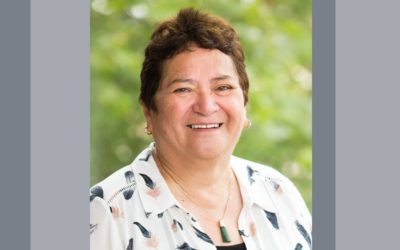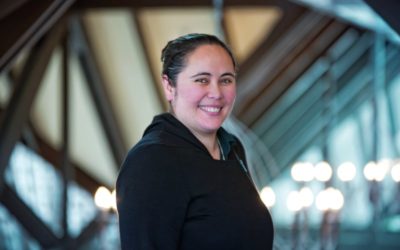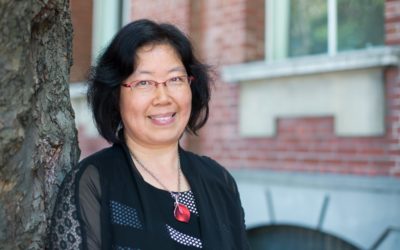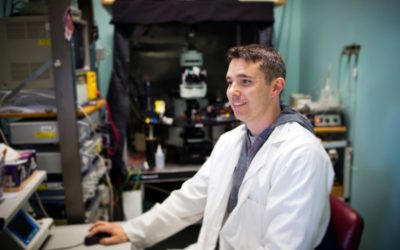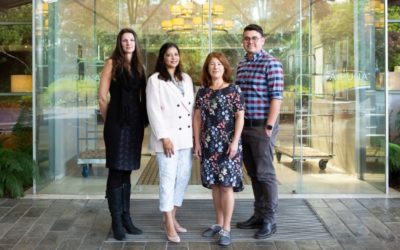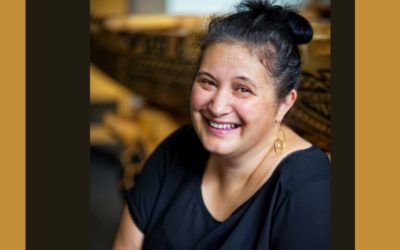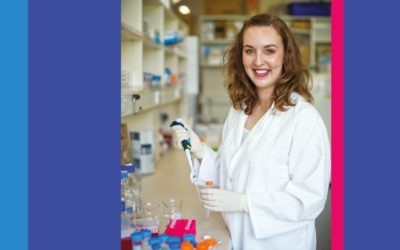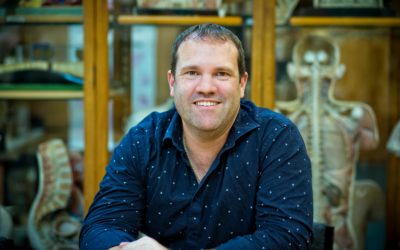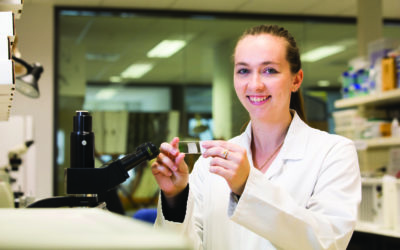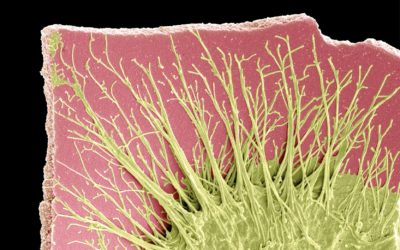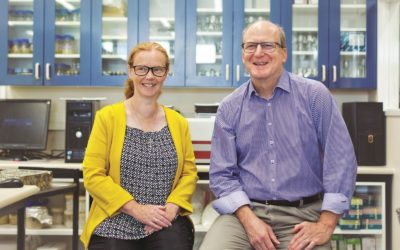In a world first, Dr Makarena (Margaret) Dudley has described Māori understandings and experiences of the ageing brain and dementia. Her research highlights the importance of cultural identity, oranga wairua (spiritual wellbeing) and whānau support for caring for...
Our Research
Dr Anne-Marie Jackson receives Te Kōpūnui Māori Research Award
Dr Anne-Marie Jackson (Ngāti Whātua, Ngāpuhi, Ngāti Wai, Ngāti Kahu o Whangaroa, Te Roroa), Associate Investigator at BRNZ, has just received the Royal Society Te Apārangi Te Kōpūnui Māori Research Award. The award is given to recognise innovative Māori research with...
Untangling neurodegenerative complexity through collaboration
In her lab at the University of Otago, Brain Research New Zealand (BRNZ) Principal Investigator, Associate Professor Ping Liu, asks some big questions. Using a host of different techniques, she is exploring the neurobiology of age-related cognitive decline,...
Could self-regulating synapses help us better understand Alzheimer’s?
The University of Otago’s Dr Owen Jones never planned to come to New Zealand. Looking for adventure after completing a psychology and neuroscience degree at the University of Liverpool, he moved to Japan to teach English. There, he met a kiwi woman, “and you can...
How common is dementia, really?
There are said to be more than 60,000 people living with dementia here in New Zealand. But did you know that this number is only an estimate, based on statistics from other countries? To date, there has never been a dedicated, nationally-representative study into the...
Justine Camp: Navigating towards a whānau-based health model
“When you read my CV, I look a bit nuts,” Justine Camp (Kāi Tahu, Kāti Mamoe, Waitaha) says. And indeed, the path that lead her to do a PhD at BRNZ is more diverse than most: Justine has taught te reo Māori since she was 16, studied social work, managed an art gallery...
Sophie Mathiesen: Trialling a new treatment for Alzheimer’s disease
“I can’t really remember a time that I wasn’t interested in science,” Sophie Mathiesen (Ngāpuhi) says. “My dad has a background in engineering and mum in chemistry, so they were always keen to help with the elaborate projects I designed.” In high school, Sophie...
Preventing stroke through coaching
Each year, stroke shortens the lives of millions of people across the globe – it is the second most common cause of death and disability worldwide. But according to BRNZ investigators, Dr Rita Krishnamurthi and MacDiarmid Medal winner, Prof. Valery Feigin, the...
A cellular approach to stroke recovery
Every year in New Zealand, around 9000 people have a stroke, and as our population ages, that number is expected to rise. In many cases, those affected never recover fully and disabilities can last decades. This is why BRNZ researchers have been working on all aspects...
Dr Helen Murray: The best of both worlds
Helen’s love for science started when she was very young, a spark ignited by her dad. “We would sit down and he would teach me about molecules as a little six year old,” Helen says. “I think that’s my earliest memory of science.” As a teenager, when her dad got sick...
Knocking out proteins on the hunt for treatments
In Prof. Mike Dragunow’s lab at the University of Auckland, they grow human brain cells – everything from star-shaped astrocytes and neurons, to the focus of his latest research paper, microglia – the brain’s “surveyors”. For the past twenty years, BRNZ Principal...
A very special protein: Reducing deficits in Alzheimer’s disease through gene therapy
Alzheimer’s disease, the most common form of dementia, is a degenerative brain condition that progressively impairs memory, thinking and reasoning skills. It is estimated that it affects 10% of New Zealanders over 65 years and 25% of people over 85. Currently,...
